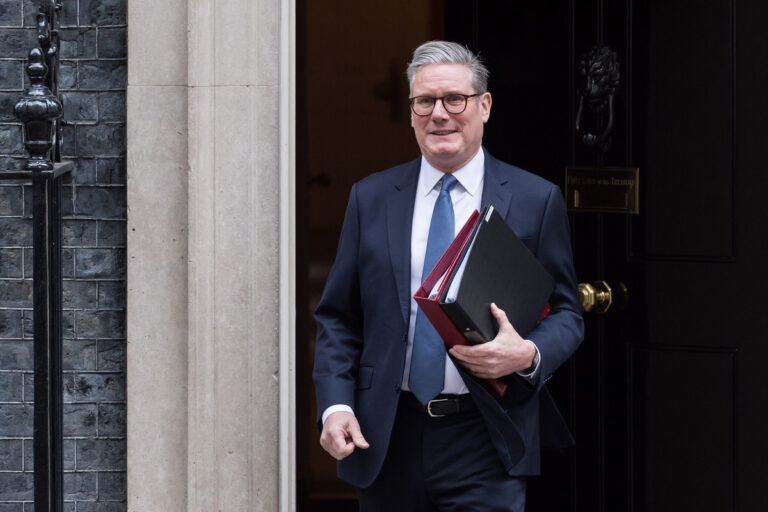🎧 Listen to This Article
LONDON – In a move aimed at easing the impact of trade tariffs and providing a more gradual transition to electric vehicles (EVs), UK Prime Minister Keir Starmer has announced a delay in the country’s ban on hybrid cars. Originally set for 2030, the ban will now be pushed back to 2035, giving manufacturers and businesses more time to meet the government’s ambitious EV targets.
“That’s a new step that we’re taking,” Starmer said during a press briefing on April 7, 2025, explaining that the decision to delay the ban comes as part of a broader response to rising trade tensions, including the tariffs imposed by other countries. The move marks a significant shift in the UK’s strategy to phase out petrol and diesel-powered cars, allowing for a more flexible and phased transition to cleaner alternatives.
Key Details of the New Hybrid Car Plan
Starmer’s announcement includes several key components designed to support the UK car industry and facilitate a smoother shift to electric vehicles:
- Delay in Hybrid Car Ban: The UK will now ban the sale of new hybrid cars in 2035, five years later than originally planned. This provides manufacturers more time to adjust to evolving consumer demands and market conditions.
- Cleaner Petrol Cars Included in Mandates: Starmer confirmed that cleaner, more efficient petrol cars sold before 2030 will count towards businesses’ electric vehicle mandates. This means that the push for fully electric fleets will remain, but businesses will have more flexibility in their transition plans.
- Petrol and Diesel Car Ban Still Set for 2030: While hybrid cars will get a reprieve, the UK will still move forward with the ban on new petrol and diesel cars by 2030. However, manufacturers will now face lower fines for failing to meet their annual targets, providing them with some breathing room.
- £2.3 Billion Investment in the Car Industry: As part of the new strategy, the government will inject £2.3 billion into the UK car industry, aimed at helping businesses and consumers make the switch to electric vehicles. The funding will include tax breaks for individuals and companies that purchase electric cars, reducing the financial burden of transitioning.
What This Means for the UK Car Industry
The UK car industry has faced significant challenges in recent years, including rising tariffs and fluctuating trade policies. The revised plan signals a more supportive approach from the government, which is now acknowledging that the transition to electric vehicles should be done at a pace that allows the industry to adapt.
Manufacturers will now have more flexibility on annual targets, which could reduce some of the pressure on them to accelerate their electric vehicle offerings. Additionally, the government’s £2.3 billion investment is aimed at strengthening domestic production of electric vehicles and supporting the broader transition to cleaner transportation.
Impact on Consumers and Businesses
For consumers, the delay in the hybrid car ban could offer more time to adjust to electric vehicles, with some of the financial burden eased by the new tax breaks and government incentives. Meanwhile, businesses with fleets of petrol and diesel vehicles will have more flexibility in meeting the government’s green mandates, while still being incentivized to transition to electric options.
The move to delay the ban also aligns with concerns raised by the automotive sector, which has warned that the previous 2030 deadline was too aggressive. With rising production costs and market uncertainties, the new timeline offers manufacturers the breathing room they need to innovate and adapt.
For further details, clarification, contributions, or any concerns regarding this article, please contact us at editorial@tax.news. We value your feedback and are committed to providing accurate and timely information. Please note that our privacy policy will handle all inquiries



